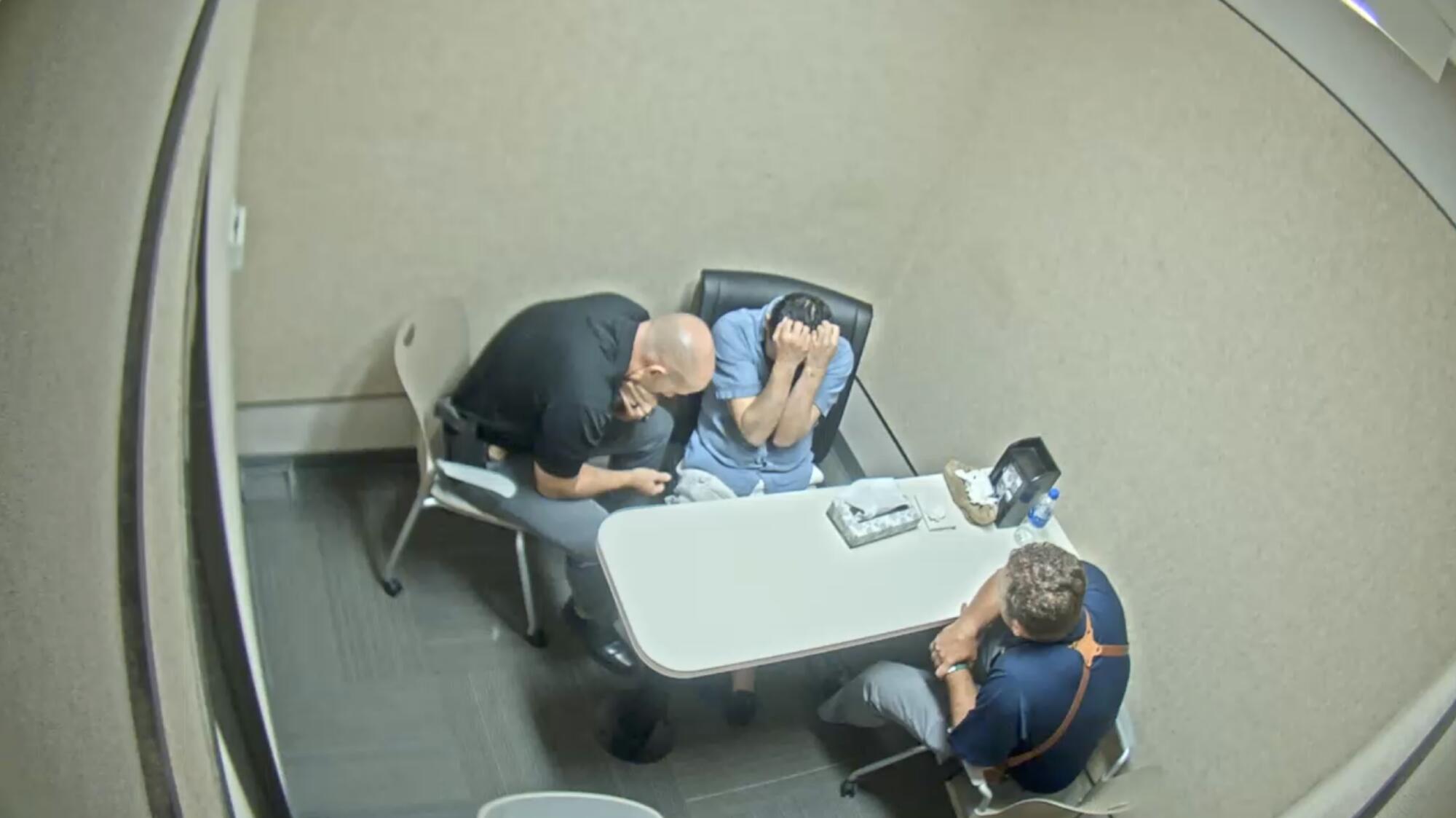WASHINGTON (Reuters) -U.S. President Joe Biden pledged to forcefully defend Ukraine against Russia’s invasion at the NATO summit in Washington on Tuesday, using the global stage to try to show allies at home and abroad that he can still lead.
Biden, 81, has endured 12 days of withering questions about his fitness for office as some of his fellow Democrats on Capitol Hill and campaign donors fear that he will lose the Nov. 5 election after a halting debate performance on June 27.
“(Vladimir) Putin wants nothing less, nothing less, than Ukraine’s total subjugation … and to wipe Ukraine off the map,” Biden said in his welcome to NATO member states to the summit, referring to the Russian president. “Ukraine can and will stop Putin.”
The White House is hoping he can turn the page on a difficult period in his presidency with his highest profile policy speech since the debate, although some diplomats at the summit said the damage was hard to erase.
On Tuesday, Biden spoke off of a teleprompter with a strong and confident voice and largely avoided the verbal flubs and signs of confusion that marked his debate performance.
Biden was framed by the gilded walls of the federal hall where the treaty creating NATO was signed, his speech bookended by stirring musical performances by the U.S. Marine Corp band.
“Today NATO is stronger than it’s ever been in its history,” he said.
Biden has rebuffed calls to step aside in his race against Republican Donald Trump, 78, vowing to beat him in November. So far, he has maintained the public support of most of his party’s elite.
The U.S. president has made restoring traditional alliances abroad the centerpiece of his foreign policy after Trump challenged allies as part of an “America First” approach. The election winner in November could have a substantial impact on the future of NATO, Europe and the rest of the world.
“We don’t see how he can come back after the debate,” said one European diplomat, who dismissed Tuesday’s speech as evidence of Biden’s endurance because it was scripted. “I can’t imagine him being at helm of the U.S. and NATO for four more years.”
Trump has suggested that, given a second term, he would not defend NATO members if they came under military attack and did not meet the alliance’s defense spending target of 2% of their annual GDP. He has also questioned the amount of aid given to Ukraine in its battle against Russia’s invasion.
Biden closed his remarks by surprising NATO Secretary-General Jens Stoltenberg with the Presidential Medal of Freedom, clasping the highest U.S. civilian award around the Norwegian politician’s neck and crediting him with reviving the 32-member alliance.
UKRAINE FIGHTS FOR MORE
The centerpiece of the NATO summit is set to be new commitments of military and humanitarian aid to Ukraine. U.S. Secretary of State Antony Blinken said the summit would “further strengthen” the war-torn country’s path to NATO membership.
Biden and the leaders of Germany, Italy, the Netherlands and Romania issued a joint statement with Ukrainian President Volodymyr Zelenskiy announcing the delivery of five additional Patriot and other strategic air defense systems to protect Ukrainian cities, civilians and soldiers.
They said additional strategic air defense systems would be announced this year.
Zelenskiy, who arrived in Washington on Tuesday and is due to meet with Biden on Thursday, has said Ukraine needs a minimum of seven Patriot systems, a goal met by the fresh deliveries announced on Tuesday.
“We are fighting for additional security guarantees for Ukraine – and these are weapons and finances, political support,” he said on social media.
Ukraine ultimately wants to join NATO to ward against further future attacks by Russia but candidates have to be approved by all of the alliance’s members, some of which are wary of provoking a direct conflict with Russia.
Some members want the alliance to make clear Ukraine is moving toward NATO “irreversibly” and are keen for language in a summit statement beyond the alliance’s pledge last year that “Ukraine’s future is in NATO.”
BIDEN’S STAYING POWER?
NATO, celebrating its 75th anniversary, has found new purpose in opposing Putin’s Ukraine invasion and the grinding war will dominate private conversations between the leaders of the countries.
Those leaders, already anxious about the prospect of Trump’s return, came to Washington with fresh concern about Biden’s staying power, according to diplomats from their countries.
Biden will hold a rare solo press conference on Thursday, also aimed at quieting concerns.
As Biden tried to rally allies and domestic support, several high-ranking European officials met with a top foreign policy adviser to Trump during the summit.
NATO leaders face political uncertainty in Europe, with paralysis looming in France after gains for left and far right parties and German Chancellor Olaf Scholz’s coalition weakened after a poor showing in European Parliament elections.
A U.S. intelligence official said on Tuesday said that Russia prefers that Trump win the upcoming election.
New British Prime Minister Keir Starmer said as he headed to his first NATO summit that he would fulfill a campaign commitment to increase UK defense spending to 2.5% of GDP but underlined he would only do so when the country could afford it and after a review of defense strategy.
A senior NATO official said on Tuesday Russia lacks the munitions and troops to start a major offensive in Ukraine and needs to secure significant ammunition supplies from other countries beyond what it already has.
But he estimated Russia would be able to sustain its war economy for three to four more years and also said “it will be some time” before Ukraine has amassed the munitions and personnel it needs to mount its own large-scale offensive operations.
(Reporting by Trevor Hunnicutt, Patricia Zengerle, Steve Holland and Sabine Siebold; Additional reporting by Andrea Shalal, David Brunnstrom, Humeyra Pamuk, Jonathan Landay, Elizabeth Piper, John Irish, Jeff Mason, Daphne Psaledakis, and Doina Chiacu; Editing by Heather Timmons and Deepa Babington)

